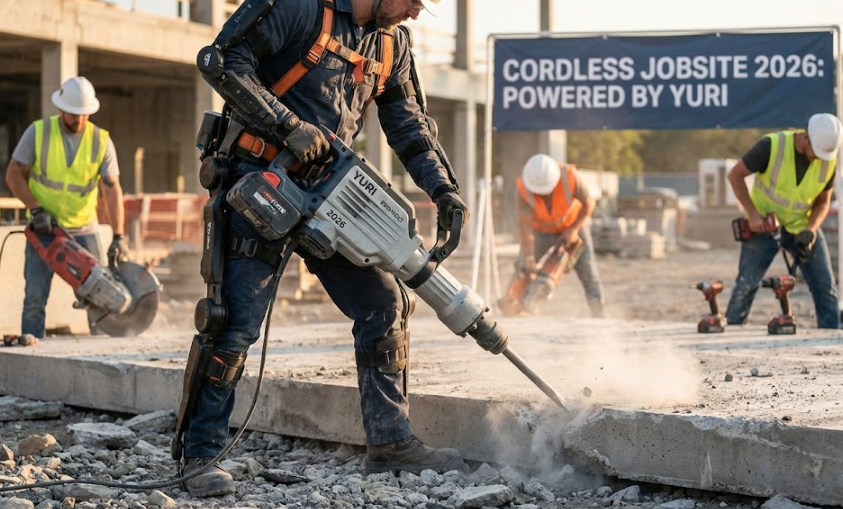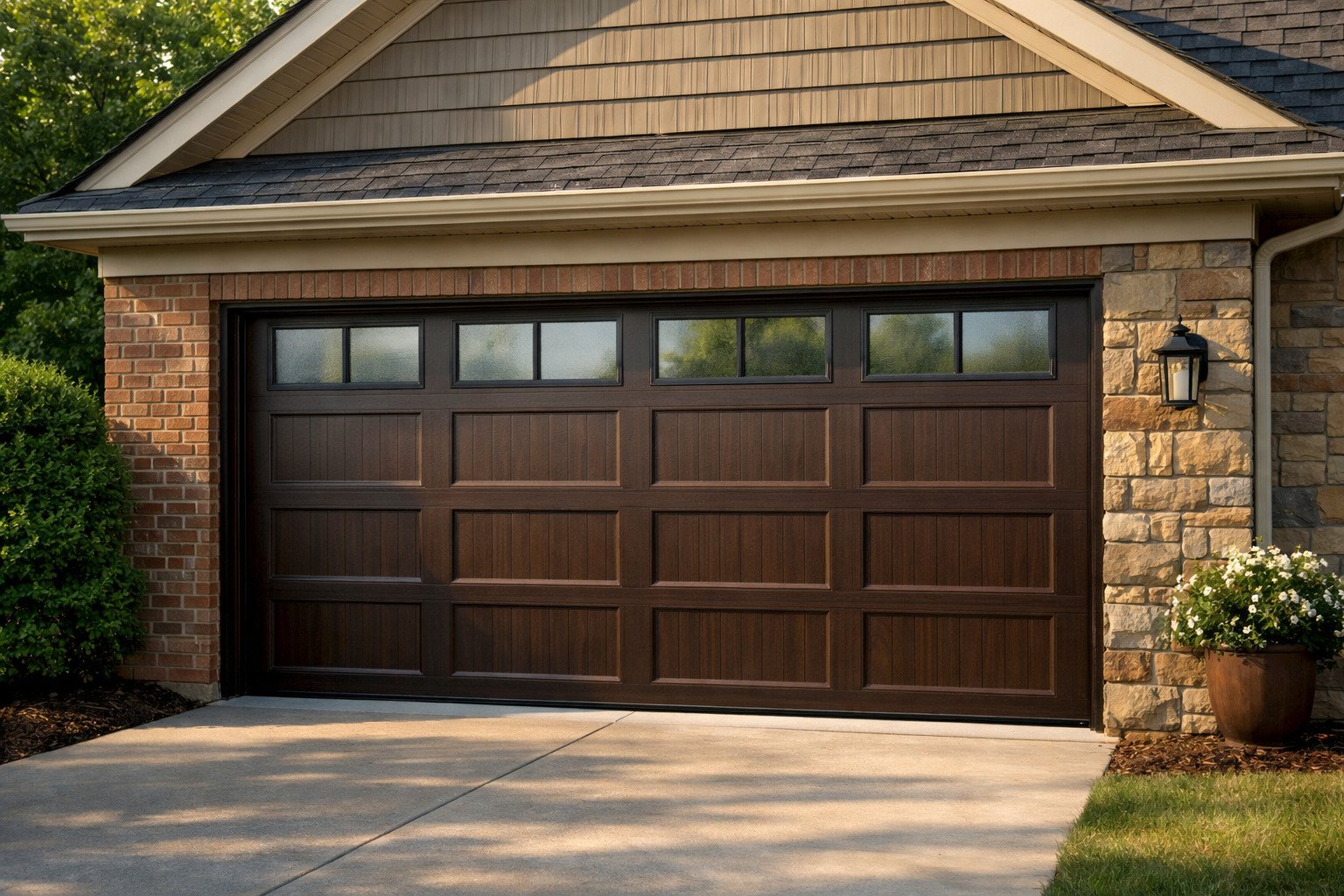When it comes to choosing the right wheels for equipment, furniture, or industrial carts, nylon caster wheels stand out as a reliable and practical option. Their strength, durability, and versatility make them a top choice across many industries and applications. This article will guide you through everything you need to know about nylon caster wheels—from their material benefits and design features to common uses and maintenance tips.
What Are Nylon Caster Wheels?
Nylon caster wheels are wheels made primarily from nylon, a synthetic polymer known for its toughness and resilience. These wheels are mounted on a caster assembly, which allows them to swivel or roll, making it easy to move heavy or bulky items with minimal effort.
Why Choose?
1. High Load Capacity
Nylon is a strong material capable of supporting significant weight without deforming. Nylon caster wheels often carry heavier loads than rubber or polyurethane wheels of similar size, which makes them ideal for industrial settings, warehouses, and manufacturing floors.
2. Low Rolling Resistance
One of the key benefits of nylon caster wheels is their low rolling resistance. This means less force is needed to push or pull a load, reducing strain on workers and machinery. The wheels glide smoothly over hard surfaces, increasing efficiency and ease of movement.
3. Wear and Chemical Resistance
Nylon wheels resist abrasion, cuts, and chemical exposure better than many other materials. This makes them suitable for environments where spills, oils, or harsh cleaning agents are common. They won’t easily deteriorate or break down, ensuring a longer service life.
4. Minimal Floor Damage
Although nylon is harder than rubber, these wheels tend to cause minimal damage to floors, especially smooth, hard surfaces like concrete or tile. Their resistance to wear also means they don’t leave marks or debris behind, helping maintain clean and safe work environments.
5. Temperature Tolerance
Nylon caster wheels handle moderate temperature ranges well, typically functioning between -40°F to 180°F (-40°C to 82°C). This makes them versatile for indoor and some outdoor applications where temperature fluctuations occur.
Key Features
Understanding the design and features of nylon caster wheels can help you select the right type for your needs.
Solid vs. Pneumatic Wheels
Nylon caster wheels are usually solid, meaning they do not have air-filled tires like pneumatic wheels. This solid construction ensures no risk of punctures or deflation, which adds to reliability in rough or debris-filled environments.
Wheel Diameter
Nylon caster wheels come in various diameters, typically ranging from 2 inches up to 10 inches or more. Larger wheels roll more easily over obstacles and uneven surfaces, while smaller wheels offer compactness and maneuverability.
Wheel Width
The width of the wheel influences load distribution and stability. Wider wheels spread weight over a larger surface area, reducing pressure on floors and increasing overall stability.
Bearing Types
Nylon caster wheels can be equipped with different bearing types, such as plain bearings, roller bearings, or ball bearings. Bearings improve wheel rotation and reduce friction, making it easier to move loads.
Swivel and Rigid Casters
- Swivel Casters: These allow the wheel to rotate 360 degrees, providing excellent maneuverability.
- Rigid Casters: Fixed in one direction, they offer better control when moving in straight lines.
Many setups combine both types to balance ease of movement and directional stability.
Common Applications
Industrial and Warehouse Use
In factories and warehouses, equipment such as carts, dollies, and racks frequently move heavy materials. Nylon caster wheels handle the weight and wear involved, making transport smoother and safer.
Medical Equipment
Hospitals and clinics use nylon caster wheels on equipment like beds, monitors, and carts. Their quiet operation and resistance to chemicals from cleaning agents ensure reliability and hygiene.
Office and Furniture
Nylon caster wheels are found on office chairs, filing cabinets, and mobile workstations. They balance smooth rolling with floor protection, preventing damage to hard office floors.
Food and Beverage Industry
With their chemical resistance and ease of cleaning, wheels are used on carts and racks in food processing plants and kitchens.
Retail and Display Units
Retail environments benefit from wheels on display racks, making it easy to reposition items for cleaning or merchandising.
Nylon Caster Wheels vs. Other Materials
Understanding how nylon caster wheels compare to other common wheel materials helps you make an informed choice.
| Material | Load Capacity | Floor Protection | Durability | Chemical Resistance | Noise Level |
|---|---|---|---|---|---|
| Nylon | High | Moderate | High | Excellent | Moderate |
| Rubber | Moderate | High | Moderate | Moderate | Low |
| Polyurethane | Moderate-High | High | High | Good | Low |
| Steel | Very High | Low | Very High | Excellent | High |
Nylon wheels offer a solid middle ground with high load capacity, good durability, and chemical resistance while maintaining reasonable noise levels and floor protection.
How to Choose
Choosing the best wheels depends on several factors:
Load Requirements
Calculate the total weight the wheels need to support, including the equipment and its contents. Ensure the combined load capacity of all wheels exceeds this weight for safety.
Floor Type
Consider the surface where the wheels will be used. Nylon wheels excel on smooth, hard floors but may not be ideal for soft or uneven surfaces.
Environmental Factors
Evaluate exposure to chemicals, moisture, and temperature variations to select wheels that will maintain performance and longevity.
Maneuverability Needs
Decide between swivel or rigid casters based on how much maneuverability is required in your application.
Maintenance Preferences
Nylon caster wheels generally require little maintenance, but checking bearing types and wheel condition regularly can prolong life.
Caring
- Regular Cleaning: Remove dirt and debris from wheels and bearings to prevent wear.
- Check for Damage: Inspect wheels for cracks, flat spots, or excessive wear and replace as needed.
- Lubricate Bearings: If applicable, keep bearings lubricated to reduce friction and noise.
- Avoid Overloading: Stick to the recommended load limits to prevent deformation or failure.
Conclusion
Nylon caster wheels combine strength, durability, and smooth operation, making them a practical choice for a variety of uses. Their high load capacity, resistance to wear and chemicals, and ease of movement ensure they perform well in demanding environments. Whether for industrial carts, office furniture, or medical equipment, wheels deliver reliable and long-lasting results.
Selecting the right wheels requires understanding your load, floor type, and environmental conditions. With proper care and maintenance, these wheels can help improve mobility and safety in your daily operations.





Leave a Reply